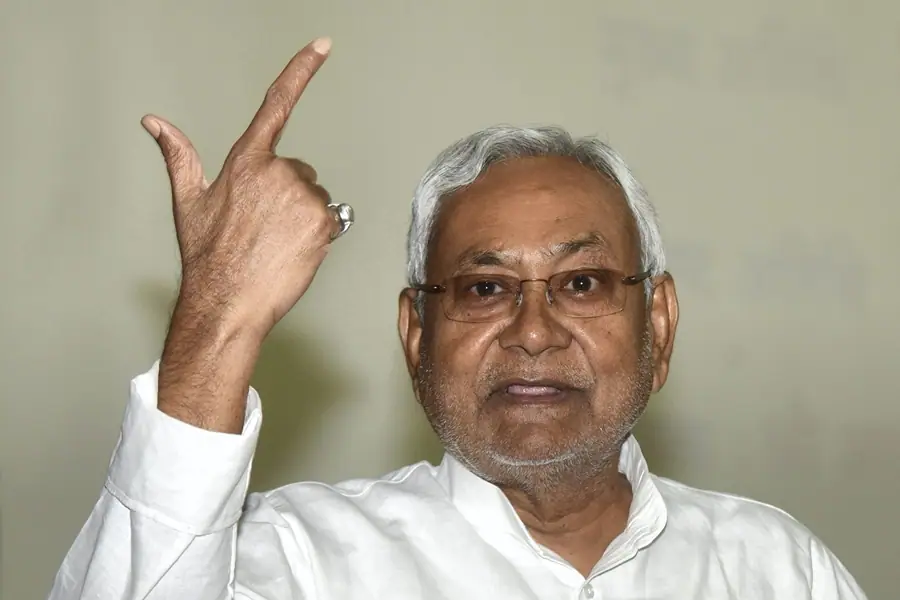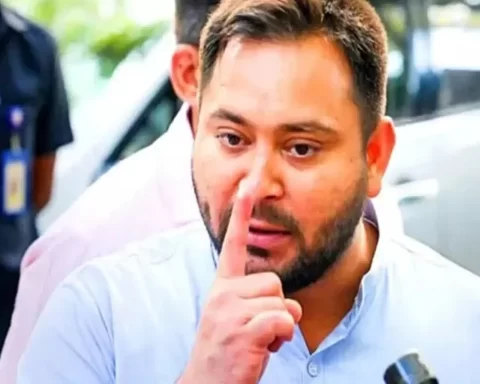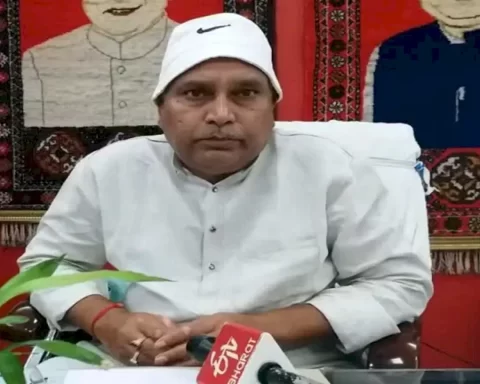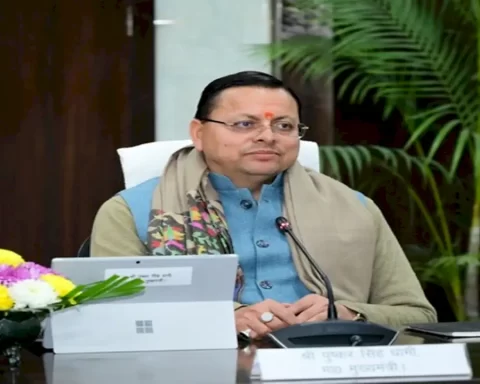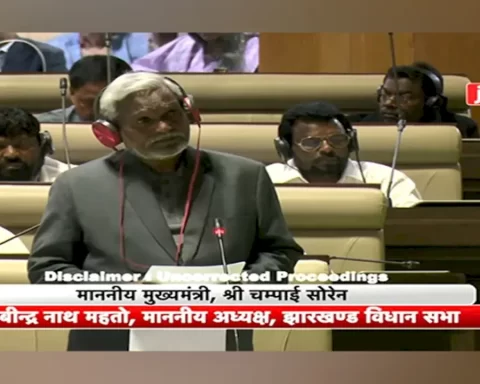Patna, Nov 7 (PTI) Bihar Chief Minister Nitish Kumar on Tuesday announced his intent to raise quotas for Other Backward Classes, Scheduled Castes and Scheduled Tribes in the state, saying a legislation to the effect is likely in the ongoing assembly session.
The announcement, which was much anticipated in the wake of his government’s ambitious caste survey, came on the floor of the House during a debate that followed tabling of the report.
“The quota for SCs and STs together stands at 17 per cent. It should be raised to 22 per cent. Likewise, the reservation for OBCs should also be hiked from the current 50 per cent to 65 per cent.
According to the survey report, OBCs, including the extremely backward classes sub-group, accounted for a whopping 63 per cent of the state’s total population, while SCs and STs together were slightly over 21 per cent.
The report said more than a third of families in Bihar are poor and are making do with a monthly income of Rs 6,000 or less, while the percentage of SC-ST families living on similar income is 42.
“We will do the needful after due consultations. We intend to bring in the required legislation in the ongoing session,” Kumar said on the second day of the five-day-long winter session.
He said that his government is planning to provide an assistance of Rs two lakh each to the 94 lakh poor families for taking up some form of economically productive work.
The chief minister, whose statement is likely to have a significant impact on the state’s politics and may trigger demands for an increase in quotas from other parts of the country, also decried “bogus” doubts being cast over the caste survey in Bihar.
In an apparent rejoinder to Union Home Minister, Kumar said, “Some say figures of particular communities have been inflated, to the detriment of other castes. These are bogus allegations and must be avoided”.
Shah had told a rally in Muzaffarpur district two days ago that the caste survey had “inflated” numbers of Yadavs and Muslims which would adversely impact other backward classes.
Shah had also alleged that Kumar acted “under pressure” from RJD president Lalu Prasad, whose party counts on the aforementioned two communities as its core supporters.
Kumar, who addressed the House with his deputy Tejashwi Yadav, Prasad’s younger son and heir apparent, by his side, pointed out that even his own caste (Kurmis) turned out to be a smaller percentage of the total population than what was believed.
“We only had assumptions, no concrete data to estimate population of respective groups before this survey. The last time a caste headcount was done was in the 1931 census. Moreover, we must also understand that fertility rates are declining following our fillip to female education.
“In social segments where this change is more pronounced, there will be a decline in population proportion,” said the chief minister.
He also said that his government would send a copy of the report to the Centre, seeking extra assistance for undertaking measures targeted at vulnerable sections of the society.
“On this occasion, I would like to renew my request for the grant of special category status to Bihar,” said the JD(U) leader, who had snapped ties with the BJP in August last year, and has promised the special status to “all” backward provinces, if the combined opposition, now known as INDIA coalition, came to power at the Centre.
“We have estimated that the state will have to bear an additional burden of Rs 2.51 lakh crore to improve the lot of the poor. The survey says 94 lakh families in Bihar are poor, surviving on a monthly income of Rs 6,000 or less,” he said.
He said one of the proposals mooted by his government is to provide assistance of Rs two lakh each to poor families for taking up some form of economically productive work.
Besides, his government planned to give Rs one lakh to each family identified as having no house to live in for construction of habitats.
“If we get the special status, we will be able to achieve our goals in two to three years. Otherwise, it may take much longer”, said Kumar, who spoke for nearly 45 minutes.
He also hoped that the survey would compel the Centre to reconsider the request for a nationwide census, which he had made to Prime Minister Narendra Modi two years ago when he called on the latter leading an all-party delegation from Bihar.
“We were told the request could not be accepted but states were free to undertake a survey if the need for it was felt strongly. The census, which should have been completed by now, has not yet begun. The Centre can consider a headcount of castes as part of the census”, said Kumar.

